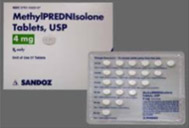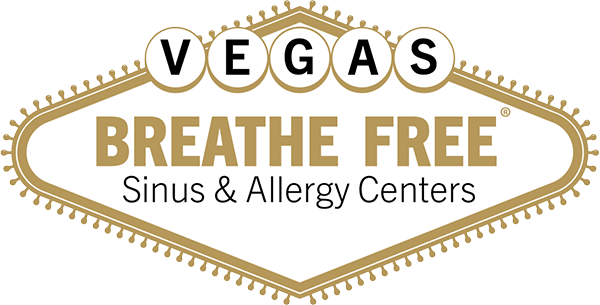Medicinal Treatment for Sinusitis
Medications
Many medications can help with problem sinuses. Most are over the counter. Most can be used on a short or a long-term basis. Most of these medications have few side effects.
Antihistamines
Antihistamines stop the allergy process and are commonly used to help with a runny nose, sneezing, and congestion. These included most commonly, Benadryl, Claritin, Allegra, and Zyrtec.

Decongestants
Decongestants are medications the shrink the lining of the nose. They primarily help with congestion and stop a runny nose. Sudafed is the most common one, a pill. A spray version, such as Afrin or Neosynephrine works the same and can work faster than a pill, since it works directly on the nasal lining and does not need to be absorbed. Decongestants may make your mouth dry, give you insomnia and can occasionally raise the blood pressure. Any “-D” added to an antihistamine, such as Claritin-D, has Claritin in it and a decongestant (what the D refers to).

Nasal Steroids
Nasal steroids are effective is treating a runny nose and congestion. These are sprayed into the nose on a daily basis and may take a few days to work. More and more of these are over the counter, such as Flonase and Nasacort. They are steroids, and do not have the side effects that occur with steroids taken by mouth.

Steroids, Oral
Steroid pills may be taken for sinus problems, and this is often reserved as an occasional treatment. Often they will be used to give a quick improvement to a sinus condition and should not be taken regularly. Commonly taken as a Medrol dose pack. If you are taking steroids orally for more than a week, you should be supervised by your provider.

Mucolytics
Mucolytics usually have the ingredient guaifenesin in it, and this is packaged as Mucinex. This product will help thin out the nasal mucous and make it easier to clear or blow out of the nose.

Antibiotics
Antibiotics are the primary way to treat sinusitis. This is a prescription. Antibiotics kill the bacteria that cause sinusitis. Commonly used antibiotics for sinus problems, are Amoxicillin, Augmentin, Z-Pack, Bactrim, Cefdinir, and many others. The medications should be taken completely, finishing the entire prescription. Taking too few or too many antibiotics can be harmful. Any person on antibiotics should be under the care of a provider to see if treatment is effective.
If Medicinal Treatment Doesn't Work
If home therapies and medical treatment fails to control the sinus headaches, or if they are persistent or severe, a procedure may be necessary to keep the sinuses open. Examples of procedures for this would be a balloon sinuplasty or traditional sinus surgery.
